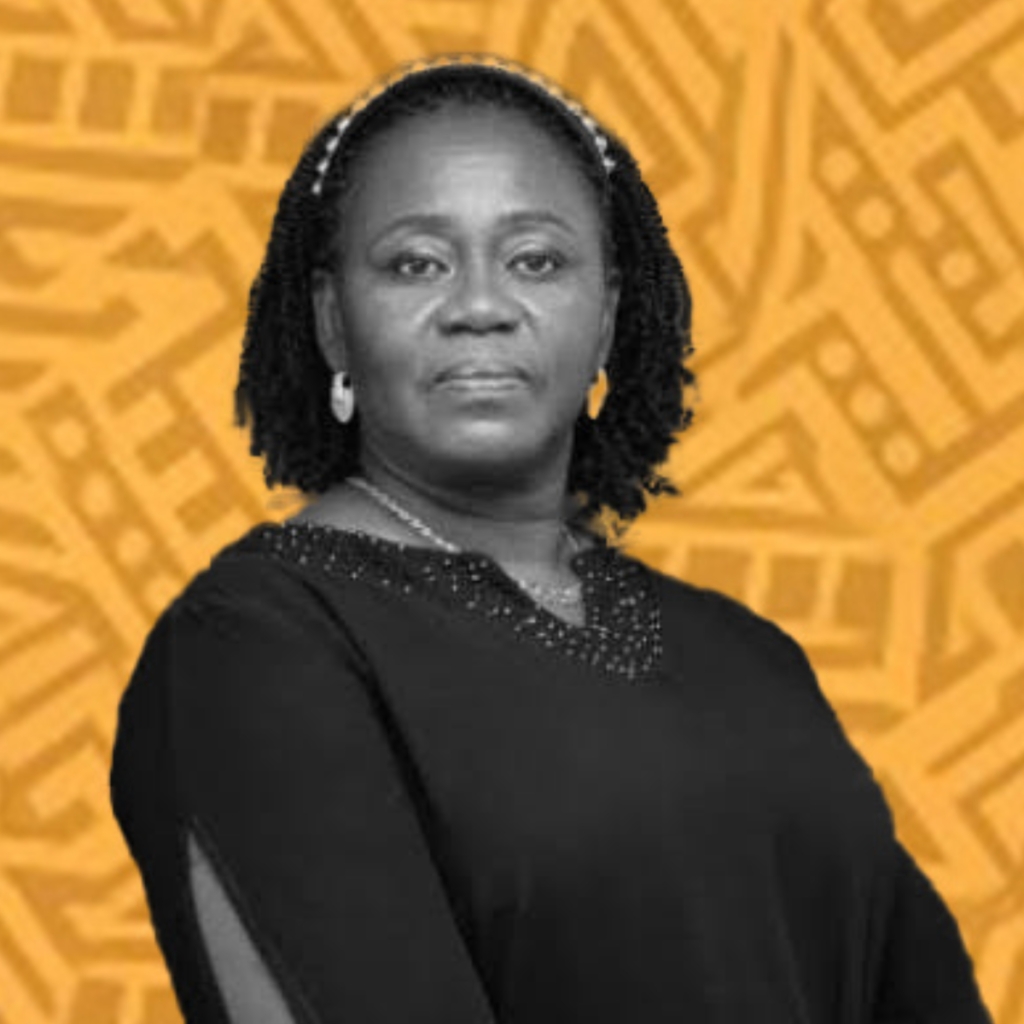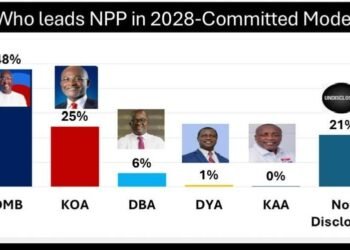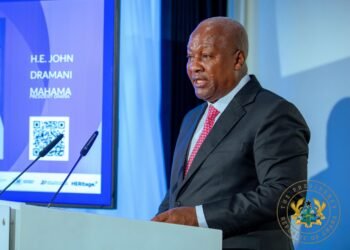Former Director of the Ghana School of Law, Kwaku Ansa-Asare, has described the removal of Chief Justice Gertrude Torkornoo by President John Dramani Mahama as a clear indication that Ghana’s democratic institutions are functioning as intended.
His comments followed the President’s action based on the recommendation of a constitutional committee that found grounds of stated misbehaviour against the former Chief Justice.
The removal came shortly after President Mahama received the committee’s report, which was established under Article 146(6) of the 1992 Constitution to examine a petition by citizen Daniel Ofori. That petition was one of three submitted to the presidency.
The process concluded with the President exercising his constitutional mandate under Article 146 to remove the Chief Justice. Mr. Ansa-Asare, insisted that rather than lamenting the development, citizens should embrace it as proof that Ghana’s constitutional system is resilient.
“I don’t think that we should be sad about this; we should rather be happy. We should be happy that the constitution is working. This is a democracy”
Kwaku Ansa-Asare, Former Director of the Ghana School of Law

He emphasized that the key lesson from the removal was the ability of the constitutional framework to respond to petitions and provide a structured response to claims of misbehaviour. In his view, the outcome highlighted the rule of law and should build trust in Ghana’s institutions rather than erode it.
The committee’s recommendation followed its inquiry into the allegations of stated misbehaviour. According to Ansa-Asare, the President’s subsequent action was guided entirely by the framework of the constitution, not personal discretion.
“If the President has to act, every step the President takes must be in accordance with the constitution,” he stated, arguing that those criticizing the decision had not demonstrated any constitutional breach on the part of the President.
“So far, I have yet to be convinced that the President has contravened the constitutional process. No one has been able to pinpoint exactly where President Mahama has gotten it wrong”
Kwaku Ansa-Asare, Former Director of the Ghana School of Law

A Strong Signal for Democracy
For Ansa-Asare, the broader implication of the Chief Justice’s removal is not one of institutional weakness, but of institutional maturity. He explained that Ghana’s democracy thrives when constitutional mechanisms are invoked and respected, even in situations as sensitive as the removal of a head of the judiciary.
“If you allege that your constitutional rights are being violated, and you yourself as the head of the judiciary do not understand the ramifications of the Chief Justice removal process, you shoot yourself wrongly in the foot”
Kwaku Ansa-Asare, Former Director of the Ghana School of Law
This perspective, he argued, shifts the focus from individual officeholders to the strength of Ghana’s constitutional order. The petitions that led to the investigation underscored the constitutional right of citizens to hold even the highest judicial officer accountable.
According to Ansa-Asare, the lawful handling of these petitions reinforced the idea that Ghana’s institutions can withstand challenges while maintaining legitimacy. He urged Ghanaians to measure political and constitutional actions by the degree to which they adhere to the law rather than by personal or partisan expectations.

In this case, he maintained that President Mahama had acted within the constitutional boundaries set out by Article 146, making the removal legitimate.
For the former Ghana School of Law Director, the significance of this episode lies in the fact that the constitutional system has proven capable of checking itself, a hallmark of democratic governance.
READ ALSO: Databank Warns of More Pain as Cedi Slips to GH¢12.70 Per Dollar























